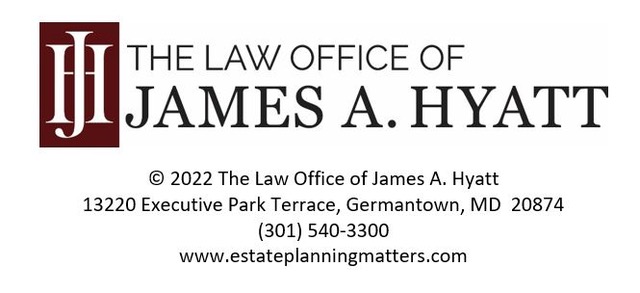Among the younger generation, estate planning is sometimes thought of as something only rich old people need to be concerned with.
Many parents of young children haven’t given much thought to their estate plan. They may not think they have an “estate” to plan for.
However, estate planning is part of being a responsible parent, regardless of your age or level of “wealth.” Put simply, it is taking the steps necessary to ensure that your child’s needs for health, education, and support will be provided for in the event that their parents die or become incapacitated.
For those young parents who might say “I don’t have an estate,” we would say that your first step should be to create one – by obtaining sufficient life insurance. For many young parents, life insurance represents the biggest part of their estate. Term life insurance is very affordable and can provide the “fuel” for what we call the “Education and Support Trust” that is the most important feature of the estate plans we implement for our clients with young children.
Under the typical plan, if both parents died, all of the assets (including your life insurance proceeds) would flow into the Education and Support Trust. You designate the person or persons who you want to serve as the Trustee. The Trustee has the power and responsibility to manage the trust assets and apply them for your child or children’s health, education and support. The trust sets forth your particular guidance and instructions as to how your child will eventually obtain control over his or her inheritance. (For example, your trust might provide that the Trustee is in control of all decisions regarding trust distributions until the child is 25 years of age, and that portions are made outright through staggered distributions at later ages.)
It is important to note that unless you have taken steps to establish a trust, your child’s inheritance will be handed over to him the day he turns 18. That’s a frightening thought for many parents. A proper estate plan can provide immeasurable peace of mind for parents who want to make sure their children will be protected.
Perhaps the most important aspect of a parent’s estate planning is the designation of a guardian for any minor children if the children’s parents have passed away. If there is no Last Will & Testament designating a guardian for any minor children, the Court will have to appoint a guardian based on who is available, willing, and able to serve in that capacity. Your Last Will and Testament is your opportunity to make it clear to all – the Court, as well as all of your family members – who it is that you want to raise your children.
Proper estate planning also provides protection for you and your family in the event of your incapacity. Thus, no estate plan is complete without appropriate financial powers of attorney, medical powers of attorney, advance directives and HIPAA Authorizations. These documents can ensure that the persons of your choosing will be empowered to manage your property and make decisions for you if you are unable to do so, including taking steps that may be necessary for the care and support of your children.







